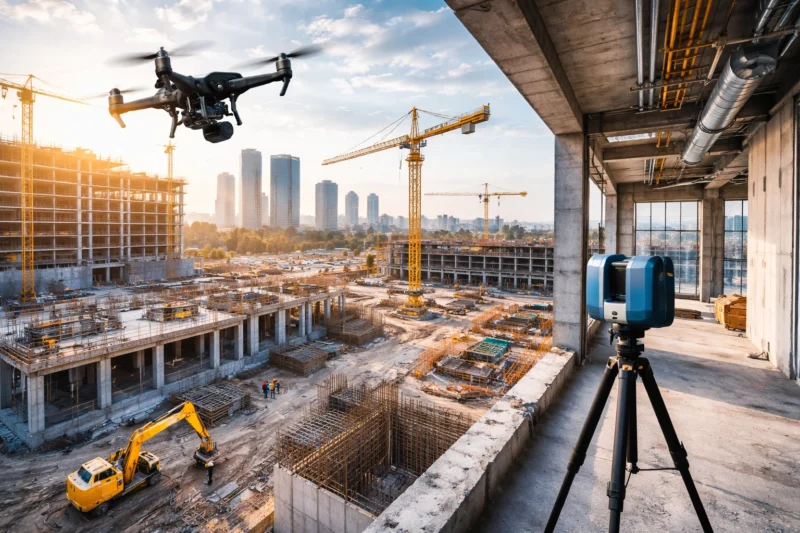Manufacturing a Stronger Standard: Fixing the Manufacturing Capacity Gap
Automating manufacturing processes is essential to addressing the labor shortage and skills gap within the manufacturing industry. More and more companies, especially those on the fabricating and welding side are automating processes to increase production. In this episode of Manufacturing a Stronger Standard podcast, Derek DeGeest President of DeGeest Corporation and LestaUSA discusses a topic that is not often spoken about – the capacity gap that automation is creating.
DeGeest shared his observations and what he has seen in the industry when it comes to capacity and the impact automation is having in various sectors of the manufacturing industry. In a recent joint study on automation in manufacturing, Canadian Fabricating & Welding and The Fabricator magazines investigate the growth of automated technologies and the amount of money being invested.
The study showed a 58% investment in the cutting side, 18% in bending, and 24% in welding. That’s 76% in fab and 24% in welding with no mention of the finishing side of things at all. This may be because of the source or the research or that finishing did not fit within the scope of what they were trying to accomplish.
This study illustrated that “we’re going to increase rapidly the parts that are being produced. We’re going to start to build and weld more and it’s going to come to a screeching halt when it gets to the finishing side. The problem is finishing automation is not a quick fix,” said DeGeest.
One reason for the investment is that automating cutting and welding is fairly simple. However, finishing is typically large capital investments – big legacy equipment built into the building with massive HVAC and electrical and it is not easy to adjust, not easy to add onto at times. And, all of your production will go through those systems,” DeGeest said.









